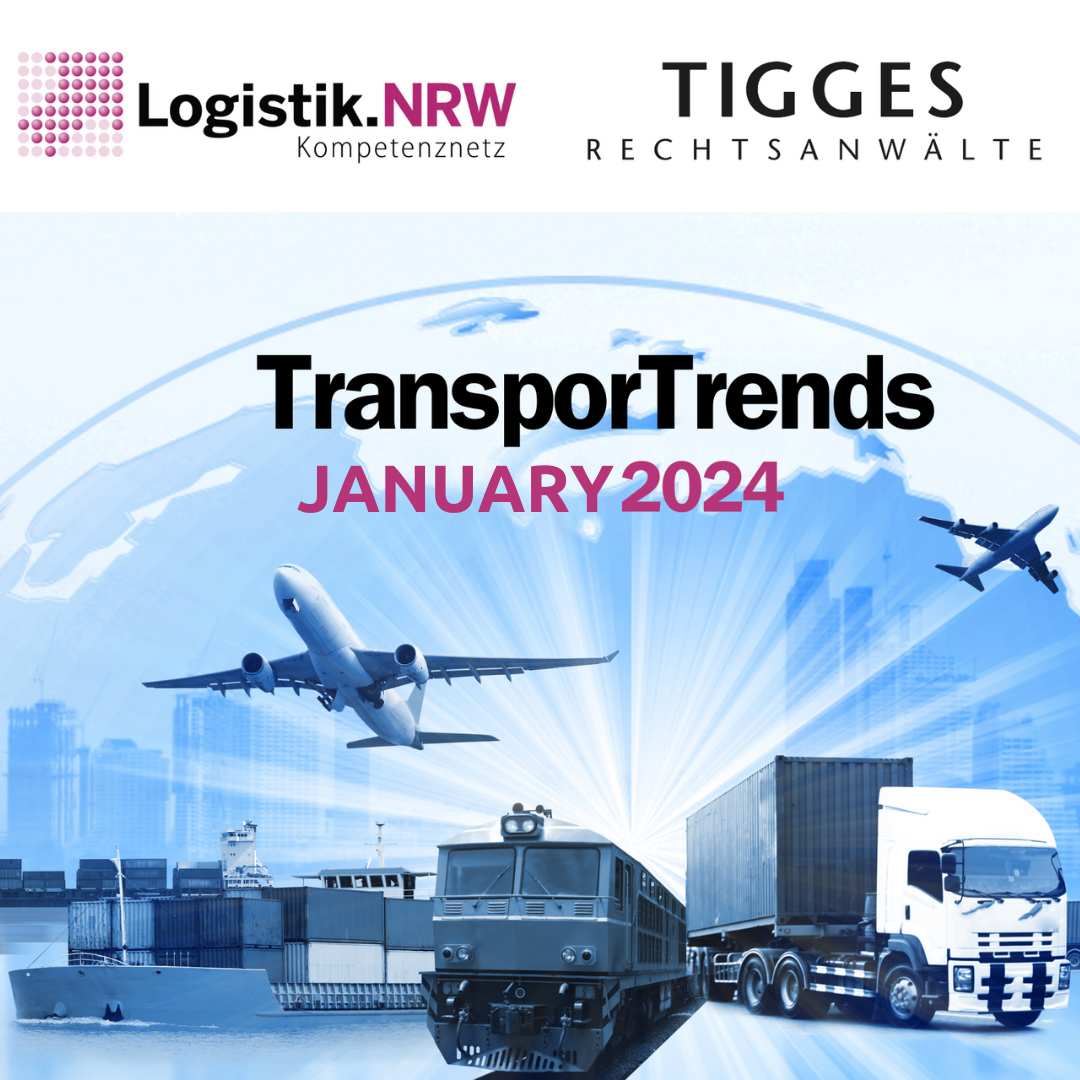In our new TransporTrends series in cooperation with Kompetenznetzwerk Logistik.NRW / LOG-IT Club e.V. we regularly report on current topics, decisions & trends in transport and logistics law. In the first edition, we took a closer look at an ECJ ruling on cabotage.
Foreign transport companies provide transport services in Germany and German transport companies abroad. The term "cabotage", which originally derives from the maritime sector, summarises these processes conceptually.
Despite the fundamental freedoms of the EU, such as freedom to provide services and freedom of movement, cabotage within the EU is restricted for goods transport by road. According to Regulation (EC) No. 1072/2009 of 21 October 2009, cabotage is generally limited to three cabotage journeys in seven days. This does not apply to the transport of goods by road in combined transport, i.e. the transport of containers where the majority of the transport takes place by rail or water.
Until now, it was not clear whether the transport of empty containers intended for combined transport to the loading and unloading points was covered by the cabotage restrictions. The German administration previously argued that the transport of empty containers always constituted cabotage and charged the companies for these transports as cabotage journeys. As a result, the authorities imposed fines for cabotage offences.
In its landmark ruling of 14 September 2023 (Case C-246/22), the ECJ has now established that the transport of empty containers, as well as the transport of loaded containers in combined transport, must be exempt from cabotage restrictions.
CONCLUSION
The ECJ's decision leads to further liberalisation and is in line with the EU Commission, which is in favour of lifting cabotage restrictions as far as possible. For the affected market players, the decision means #legal certainty for their day-to-day business - for combined transport, it means a major step forward.




You are looking for competent advice or have questions about our law firm?
Please call us +49 211 8687-0
You are looking for competent advice or have questions about our law firm?
We are looking forward to hearing from you.
Contact form